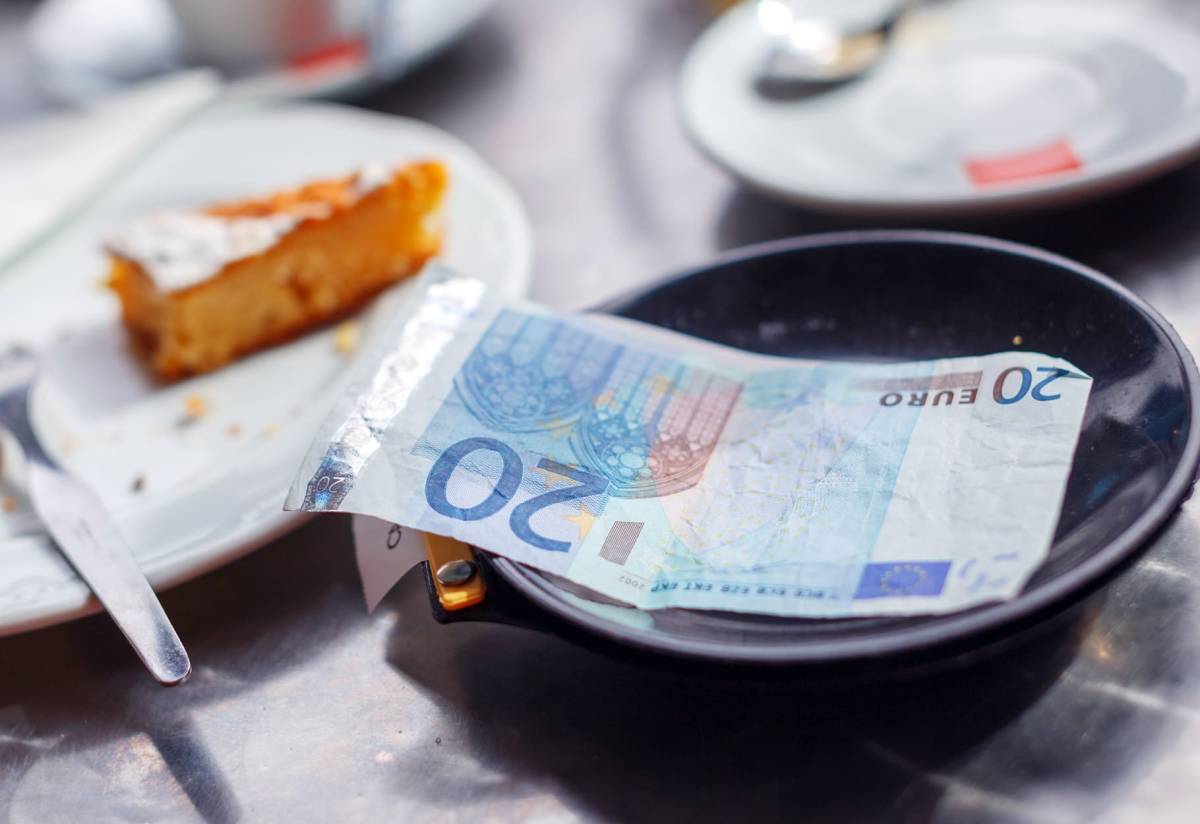Global tipping etiquette: How much to tip after dining
Different countries follow unique tipping practices reflecting their cultural and societal norms

Dubai: Tipping etiquette can be a confusing minefield for international travelers. A new list by X account World of Statistics (formerly Twitter handle @WorldofStats) sheds light on this often-overlooked aspect of travel, revealing the vast differences in tipping customs across the globe.
Here's a breakdown of tipping practices in various regions:
North America: Tipping reigns supreme in the US and Canada, where diners are expected to leave a hefty 15-20% gratuity. This reflects the reliance of service staff on tips for a significant portion of their income.
Europe: Tipping customs vary across Europe. In Oslo, Norway, and many Western European countries, a 10-20% tip is standard, even with service charges included.
Latin America: Mexico follows a North American-influenced approach with a 15% tip expectation. Argentina and Russia fall within the 10-15% range, showing a more moderate tipping culture.
Asia and South America: These regions generally have lower tipping expectations. Bangladesh leans towards a modest 2-10% tip, while Vietnam and Venezuela see 5-10% as appropriate. India falls within a similar range, with 7-10% customary for waiters in hotel restaurants.
Zero-Tip Zones: Interestingly, several countries have no tipping culture. In South Korea, Singapore, Nigeria, Japan, Denmark, China, and Australia, tipping is entirely at the diner's discretion. Service charges are often included, or tipping simply isn't emphasized.
The UAE: This region offers a blend of influences. A 10% tip is suggested but not mandatory, reflecting the diverse expatriate population.
Understanding these diverse tipping customs is crucial for travelers.
Understanding these diverse tipping customs is crucial for travelers who wish to show appreciation for good service while respecting local practices.